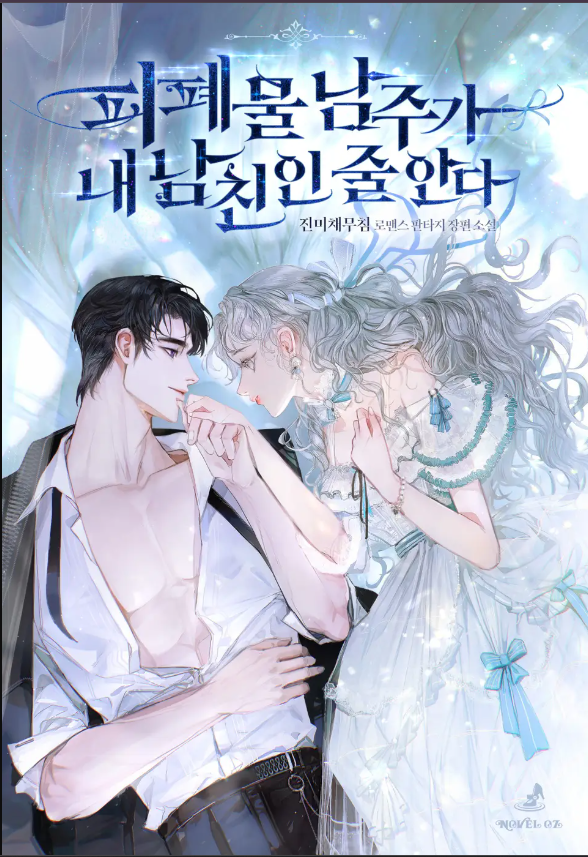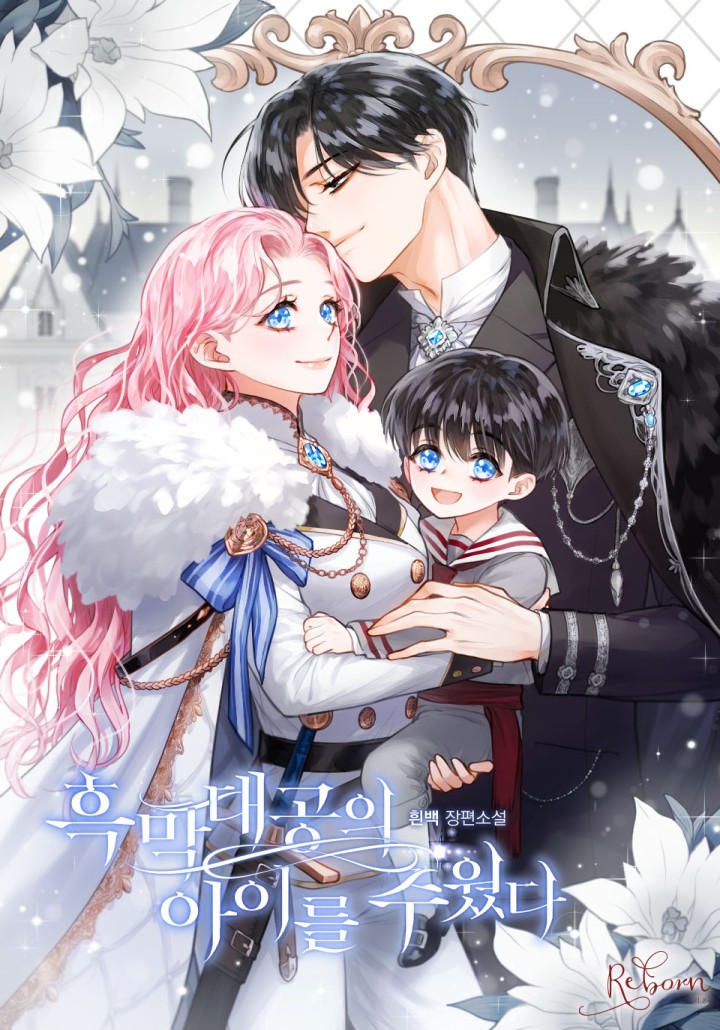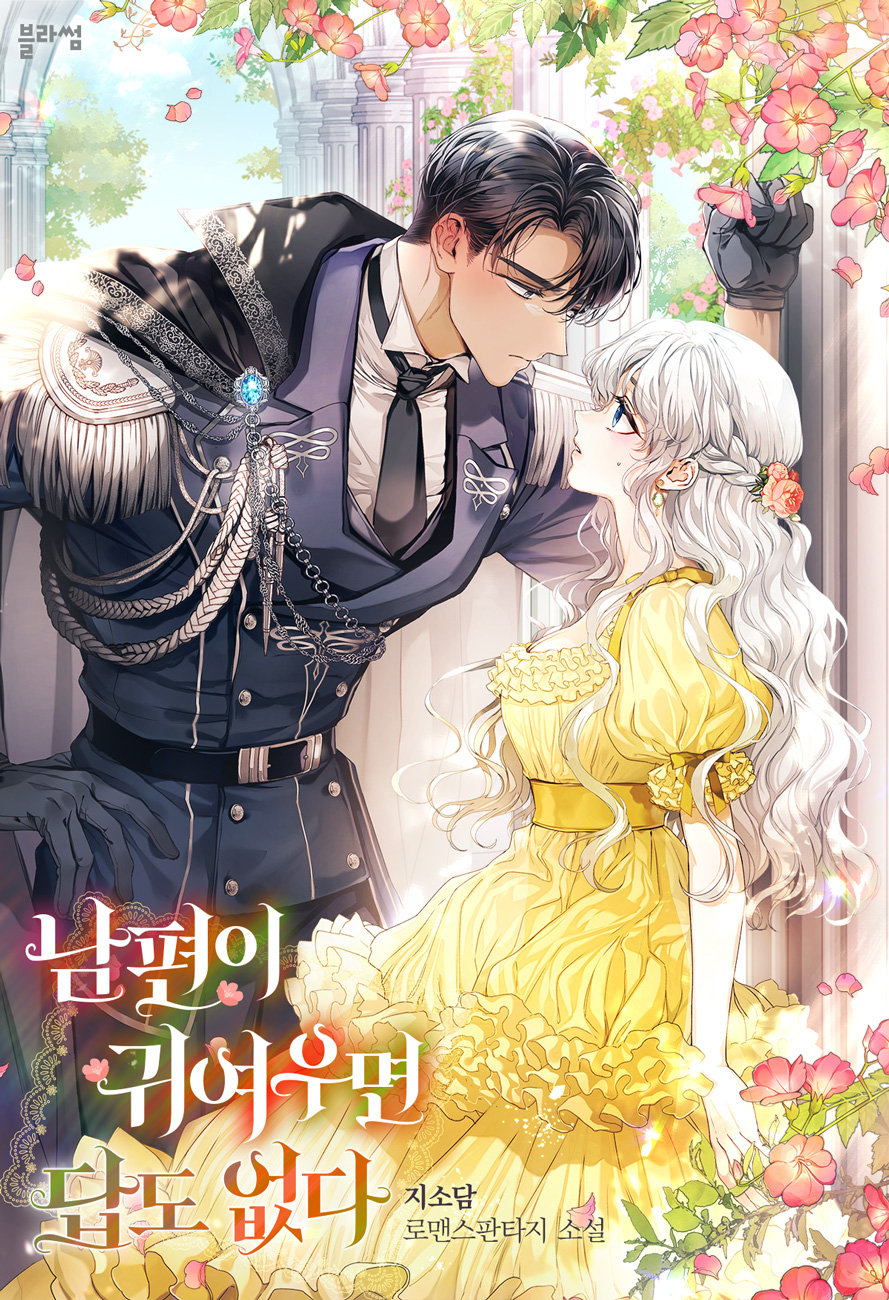Chapter 6
Looking around in shock, she noticed there were more young workers than she’d expected.
Children stood in front of spinning machines, connecting broken threads and oiling the machinery.
“I have a letter of recommendation. I came here to work. I’d like to meet the manager.” She wondered if it was really acceptable to work in a place like this, but first she needed to meet the factory owner. Priscilla asked the boy politely.
“What’s wrong with your arm?!”
“…”
Her politeness was met with a rude question. The boy shouted without hesitation. At his voice, others turned their eyes toward the visitor.
It was a question that showed he’d received no education in manners whatsoever. Priscilla couldn’t get angry. It was a genuinely innocent question—why would someone with no arm come here?
Since there seemed to be no malicious intent, Priscilla answered with an expressionless face.
“My arm is injured, but I still have a recommendation, so they’ll give me a job.”
“Nobody told me anyone was coming…”
Soon the boy pursed his lips and trailed off. He crossed his arms as if deep in thought, his downy eyebrows twitching. He seemed to be working hard to make the best judgment.
“Well then, you’ll have to wait with me until Uncle Genuor comes back!”
“…”
But he was too young to intimidate anyone. Boys around ten were sometimes smaller than girls the same age. No matter how he tried to act like a supervisor with mysterious insignia hanging all over his work clothes, he couldn’t create any sense of authority.
“I’ll teach you how to make paper trains! You can do it with one hand!”
How could anyone deliver an invitation to fold paper with dignity?
“Antonio! What’s all this commotion!”
Only when someone burst out from inside did the child called Antonio stop his posturing. Antonio wasn’t even an employed worker—he was just wearing work clothes. He was simply the son of Mrs. Tomlinson, the manager. Just bored and wanting to play.
“Apologize right now!”
Miriam Tomlinson, the robust manager, was fortunately very sensible.
She immediately introduced her name and position, scolded her mischievous son sharply, saying ‘If you upset the customers, it’s bad for the factory!’, then chased him to the back yard. Outside the large back door that was completely open on one side, the child began kicking a ball alone with a sulky face.
“I’m fine,” Priscilla said with a calm face, holding out her letter of recommendation. Miriam also shrugged casually as if she was used to such situations. With so many people looking for work, plenty showed up without warning.
“Ross—I think I remember Genuor mentioning that name and face.” Miriam’s eyes glanced at Priscilla as she rustled through reading the letter. Then back to the letter. “He sent someone with a mechanical arm…” she trailed off, but fortunately didn’t dismiss her outright.
“Not many people want to settle down permanently in Arancel. You look like someone who’ll leave here soon. I can tell just from your eyes. Am I right?”
“…”
She quickly figured out that Priscilla probably wouldn’t work at the factory long, but still didn’t kick her out.
“Your name is… Priscilla Arcade. It says here you’ll do whatever you’re told. Even clean toilets if asked. Though you don’t look like someone who’d do that kind of dirty work… you’d suit being a princess better.”
Honestly, anyone could see Priscilla wasn’t much of a catch. Her hair was greasy and disheveled, and the military uniform she’d thrown on carelessly was unrecognizable, making her look like some strange woman who’d half-attempted to dress as a man. The assessment was that she didn’t seem capable of rough work.
Acting cautious as if nothing about her was appealing, Miriam said, “Will you clean the toilets?”
It seemed like a final test of whether she was really prepared to work. If she showed even a hint of whining that she couldn’t do it, she might be thrown out immediately. But for Priscilla, it wasn’t a difficult work. She’d seen much filthier things in her life.
“Give me anything. And please, speak casually to me.”
“Anything?”
“Yes.”
“Good, I’m counting on you, Priscilla.”
The experienced woman didn’t show any sign of reluctantly accepting her. She said Genuor wouldn’t return for several months, and she’d give her work until then. Once she made the decision, she was generous without hesitation. She crumpled the letter of recommendation into her shiny work apron and offered a handshake. When Priscilla could only look down, unable to clasp hands, she made an ‘oops’ face and quickly extended her left hand instead.
She gripped the properly clasped hand very tightly, then complimented that it was rough, unlike the hands of refined women her age. Strong grip and arm strength too.
At least in Arancel, that was definitely a compliment. It meant even one arm was useful.
“We already have a janitor. I can’t fire someone else for their job. Is there anything you’re good at?”
“It’s my first time in a factory.”
“Everyone has a first time. Follow me. I’m not idle either, so move quickly.”
Miriam led the new worker to the dormitory attached behind the factory. Since everyone had gone to work early in the morning, a desolate atmosphere lingered heavily in the empty building.
There were several vacant rooms that others used as storage. The randomly assigned room was poor and dirty, not much different from the quarters she’d used in Sabed. No sand, but quite dim due to the thick clouds.
Miriam roughly pushed the accumulated junk in the room into the corridor and shouted, “Clean first!”
“Yes.”
“Don’t get too discouraged. Lots of people here are missing arms and legs!”
Priscilla put down her bag and first opened the window, blowing away the stale dust from the long-vacant room.
Looking out the window from the second floor, she could see the spacious factory building spread out across the yard. Between the twin-like factory and dormitory, a long clothesline was strung with underwear, towels, and clothes hanging in no particular order, swaying in the breeze. Below, she could see Antonio playing alone, kicking a ball in the yard.
While she was blankly observing the place where she’d be living, Miriam opened a cleaning closet in the corridor and threw her a wooden bucket, rags, and a broom. Priscilla began sweeping the floor on her own. That was definitely one of the things she was good at.
“People missing limbs are common in Arancel. Machine accidents happen so often, you see. It’s hard to find someone with all ten fingers attached… There are even perverted bosses who prefer people with prosthetics. They say if there’s an accident, you just replace the parts and use them right away.”
“…”
“But that’s only when they can move. People who can’t move really have nowhere to hire them. So when someone gets hurt badly enough that they can’t work, most don’t end well.”
Miriam spoke exactly like a nanny raising city children. Her tone as she watched Priscilla clean was sharp, fast, and urgent. Like a mother who couldn’t forget her daily nagging routine for even one day. Priscilla couldn’t shake the feeling that she’d become a child Antonio’s age. No, she might look even worse in Miriam’s eyes.
Like some foolish child who’d just come up to the complicated city and would be shaken out like dust from clothes.
“Injured women sometimes go to the harbor and follow the sailors. Those boat people are all rough men, and there’s one woman among them. You know what that means, right?”
“Yes.”
While hurriedly cleaning, Priscilla thought she should deposit her money in a bank as soon as possible. If she lost her saved money and couldn’t work, she might have to board a ship too. By then, she’d regret rejecting the offer to be sold to a rich man.
But the factory Ross had recommended was too warm a place to think of such tragedy.
Priscilla spent the entire day going back and forth in the corridor of the communal housing lined with small single rooms, changing water buckets, getting an old blanket from the laundry area, and before sunset, returning to the factory to greet people and learn about the old-fashioned machines.
Always keep boiling water to maintain the factory’s hot, humid environment so the threads won’t break. Naturally, drawing water and tending fires was the youngest worker’s job. Things like that.
That was all. It couldn’t even be called a trial. It was much easier than rolling around the training grounds like an idiot. She adapted so smoothly that she thought ‘This is nothing.’
Though she was still completely ignorant about Aran, she could learn about Genuor Textile Factory in half a day. Everyone unanimously praised what a great philanthropist Genuor was. Eventually she learned even about the long eyebrows and bushy chest hair of the factory owner whose face she’d never seen.
Why was Genuor, who employed ten-year-olds, considered a philanthropist?





